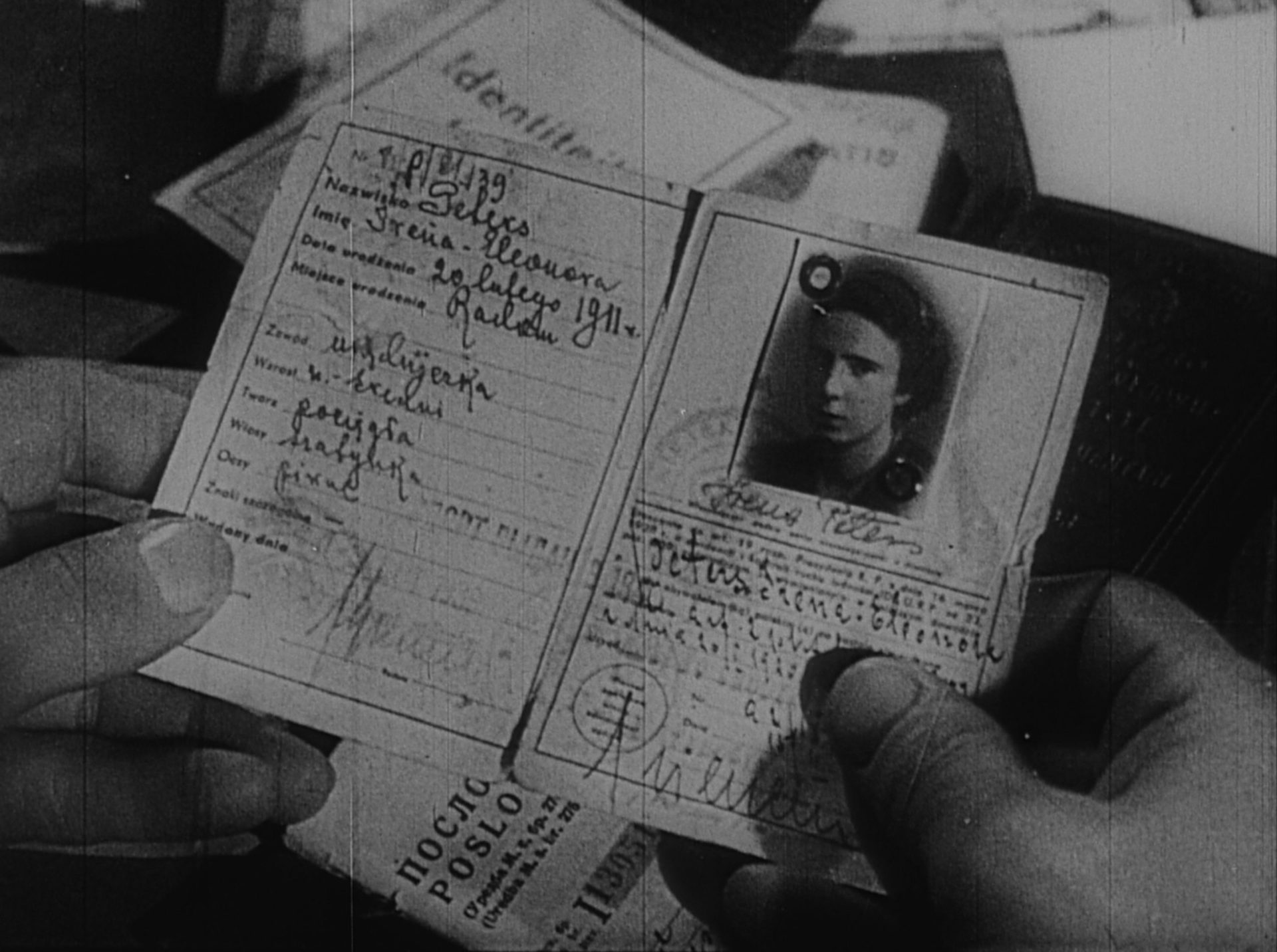
75 years after
(1) “Homo homini lupus; who, after all the experiences of life and history, has the courage to deny this sentence?
(2) “The fate of the human species seems to me to be the question of whether and to what extent its cultural development will succeed in overcoming the disturbance of coexistence caused by the human drive for aggression and self-destruction. In this regard, perhaps the present time deserves special interest. People have now made it so far in their mastery of the natural chain that with its help they can easily exterminate each other to the last man. They know this, hence a good part of their present restlessness, misfortune and anxiety. And now it is to be expected that the other of the two ‘heavenly powers’, eternal Eros, will make an effort to assert himself in battle with his equally immortal opponent.
(3) “Every person today, without exception, feels that he or she is not loved enough, because everyone can love too little. The inability to identify oneself was undoubtedly the most important psychological condition for something like Auschwitz to take place in the midst of reasonably well-behaved and harmless people. What is called “folly” was primarily a business interest: that one perceives one’s own advantage above all others and, just to avoid endangering oneself, does not burn one’s mouth. This is a general law of the existing. The silence under terror was only its consequence”.
(4) “It was one of the great impulses of Christianity, not directly identical with the dogma, to wipe out the all-pervading cold. But this attempt failed, probably because it did not touch the social order that produces and reproduces the cold. Probably that warmth among men, for which all long for, except in short periods and very small groups, has not yet existed at all until today”.
(5) “Even if rational enlightenment – as psychology knows very well – does not directly dissolve the unconscious mechanisms, at least in the preconsciousness it strengthens certain counter-instances and helps to create a climate that is unfavourable to the extreme. If the entire cultural consciousness were really imbued with a sense of the pathogenic nature of the trains that came to theirs in Auschwitz, people might be able to control those trains better.
(6) “The climate – I pointed out – that most encourages such resurrection is the resurgent nationalism. It is so evil because, in the age of international communication and supranational blocs, it cannot really believe in itself and has to exaggerate in order to convince itself and others that it is still substantial. All political education should finally be centred on the fact that Auschwitz will not repeat itself. That would be possible only if he, without fear of toasting any powers, would openly deal with this most important thing. To do this, he would have to teach about the social forces that exist behind the surface of political forms.
(7) “The child initially orients himself to the norms of his environment because he is afraid of losing the affection of the authorities if he misbehaves. Hence also his bad conscience if he violates the norm. At the same time, this is the reason why sometimes a group does something bad without having a bad conscience – this happens whenever this behaviour is tolerated or encouraged by the authorities and no punishment follows”.
All quotations from Siegmund Freud, (1, 2 and 7) The unease in culture and Theodor W. Adorno. Education after Auschwitz. (3 to 6)

Leave A Comment